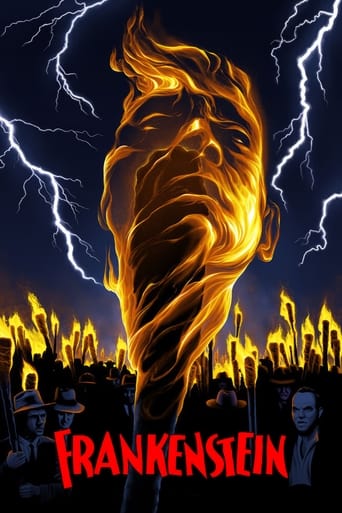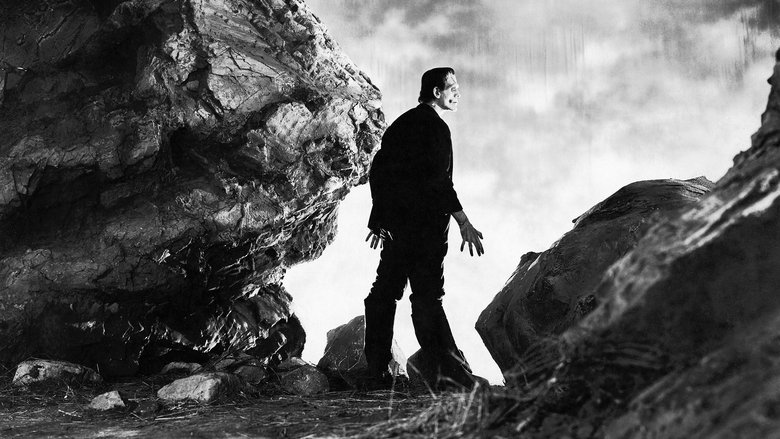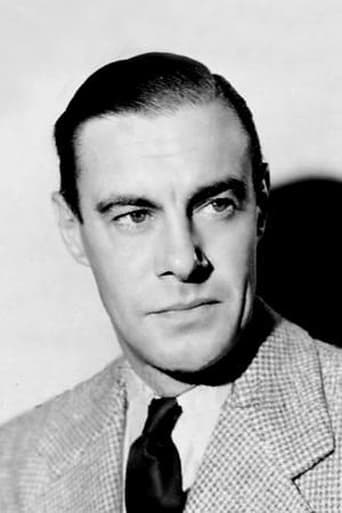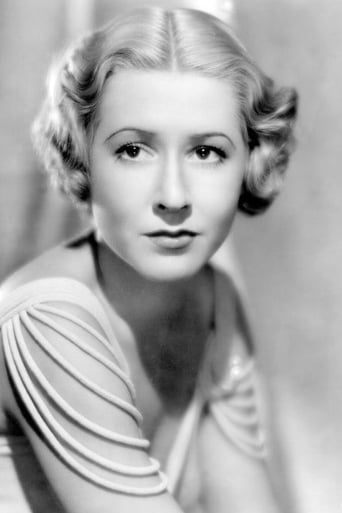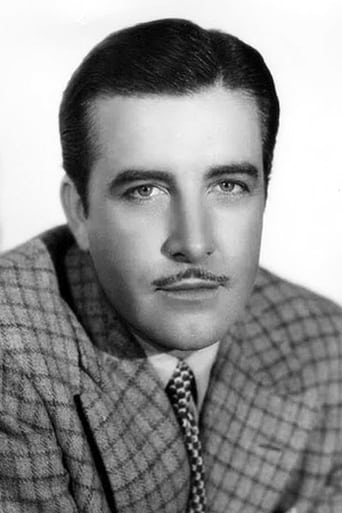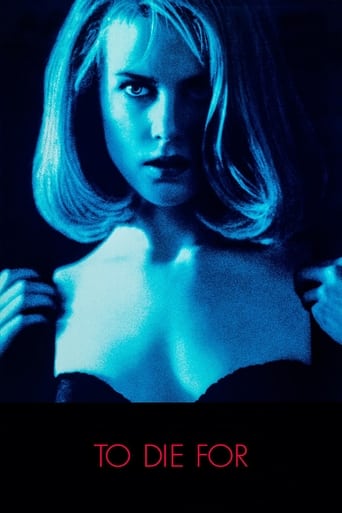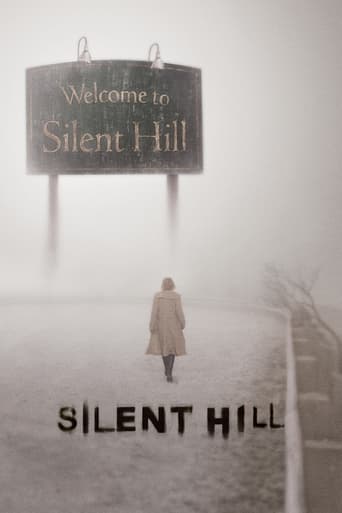Frankenstein (1931)
Tampering with life and death, Henry Frankenstein pieces together salvaged body parts to bring a human monster to life; the mad scientist's dreams are shattered by his creation's violent rage as the monster awakens to a world in which he is unwelcome.
Watch Trailer
Cast
Similar titles

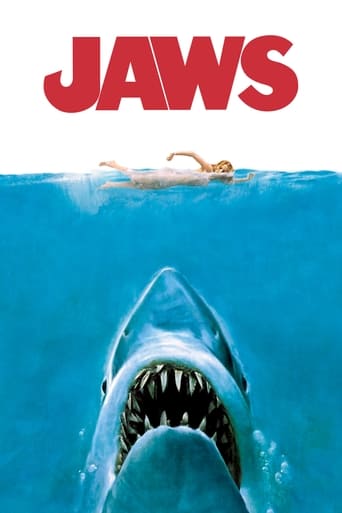

Reviews
Truly Dreadful Film
It's entirely possible that sending the audience out feeling lousy was intentional
Blistering performances.
The story, direction, characters, and writing/dialogue is akin to taking a tranquilizer shot to the neck, but everything else was so well done.
I've always loved this movie. Since I first saw it as a little kid until today. It's a classic that, unlike many over done movies today, has no flab to it. It's simply a great movie. The story is well known, Doctor Frankenstein creates life and it causes him all kinds of misery. The role that made Karloff, who called the monster his best friend, is one of sympathy for the real evil in this movie is the Doctor, who creates life and then rejects it. Simply a brilliant movie with an excellent cast.
And just as if it embraced the liveliness of the moment, here's perhaps the most climactic non-climactic scene of cinema's history. The thunder resonates in the background, inside the ominous laboratory, an elaborate machinery and confusing electric devices infuse the secret ray of life into a seemingly lifeless body... until a hand starts raising slowly, it's slow, but it's alive, much alive.Henry Frankenstein (Colin Clive) says that he finally knows how it feels to be God, but I don't think the scene is subversive on a religious level as much as it is on the sexual pre-Code fashion. I said the scene is climactic because it truly plays like a climax. And what we saw before, the 'mad scientist' and his hunchback assistant Fritz (Dwight Frye) collecting bodies and brain from corpses and medical schools, and the whole machinery, was just the preliminaries.Interestingly, the pre-Monster part (the iconic creature only appears after thirty minutes) is intercut with scenes involving Henry's love interest Elizabeth (Mae Clarke) sharing her concerns with her bland (and obviously infatuated) friend Victor (John Boles). Even the grouchy Baron Frankenstein, the father (played by a scene-stealing Frederick Kerr) is lamenting about his son's disappearance, convinced that there is another woman. There is something too trivial and mundane for a 'horror' movie in these "where has he gone?" scenes if it wasn't for the way they establish some sort of cheating. But look at Clive talking about his obsession to create life, his eyes burning with a gleam of defiance, at that point, he doesn't have a God complex. He is God (and aren't we all feeling the same when we're so good at it). When Elizabeth and Victor reach Henry's former tutor Dr. Waldman (Edward Von Sloan), the old man explains that his brilliant pupil took himself for God, wishing to resurrect life and create the perfect human body, that's the kind of cheating he perceived. Finally, this dichotomy of sexual and religious cheating culminates with the birth of Frankenstein, and when Henry utters the immortal "It's alive!" he raises his head and seems to address God, provoking more fury if we judge by the thunder (a failed attempt to censor a controversial line) but look at how his eyes almost bulge as he's at the verge of fainting with an ecstatic look on his face while the men are trying to hold him tight. Colin Clive left that world too soon in 1937 but that was a scene for posterity, this is clearly an orgasm moment, the height of accomplishment, not contradicted but validated by the following scene where he's calmer and discuss his work while smoking.And the film hadn't even reached its first half, we still had to read a second chapter of cinema's history and discover the face of Frankenstein not as Mary Shelley invented it but how a genius designer artist did, with the electrodes, and the asphalt shoes, leaving a new pop culture icon for posterity, after Dracula and the Mommy. As far back as I can remember, from "The Groovy Ghoolies" to an ugly mask that used to scare the hell out of me, that's how I pictured Frankenstein, years before seeing the film. Even better, I never imagined him as a bad monster, but always as a slow, dim-witted but well-meaning creature. And it's so satisfying to see that the seminal movie never really contradicts this idea, as soon as Boris Karloff gets his first close-up, it's near impossible to believe that this creature is any bad, even if it didn't have the 'good brain'. "Frankenstein" was literally born from that orgasmic birth scene and it embodies the idea that men are born good and get corrupted with time. But the creature can only raise hands to the sky as a sign of divine gratitude. At the same moment, Fritz threatens it with the fire and both he and Henry mistakes the creature's panicked reaction for an attack.The creature illustrates that conception about children going to heaven, it's a child who longs for heaven while condemned to the hell of men, incarnated by that twirling torch. Yet the film is interesting in the way it never turns the Creator into the villain while never making the Creature the villain, It's just as if it questioned our own attitude with religion or God: are we prone to vileness or is it because we do believe we've been created as God's images and we act as bad and unfairly as we think He does with us. Ironically, before regretting it, Henry was also trying to play God and got a good taste of his own medicine.It was extraordinary that Mary Shelly wrote at the age of 19 this thought-provoking commentary about human hubris, and through a simple concept, a man creating a monster making us wonder if he wasn't a monster creating a man. I guess Frankenstein isn't much a man as he's a child, and it's no surprise that his first friendly encounter is with a child. And that the professor, for all the bad things he's done, got away with it after all, is a proof that he succeeded in his God-like role.To conclude, James Whale's "Frankenstein" has the word "iconic" written in every single frame that it almost distracts a modern audience from fully appreciating its impact on the simple narrative aspect. Instead of listening to the opening disclaimer, I kept thinking of Marge Simpson introduction of a "Treehouse of Horror" episode, but concerning the bit when Von Sloan said that it was a tale of life and death, I think in retrospect that the film goes deeper than that, there's a lot of sexual and religious undertones.The film opens with a funeral and ends with a men raising his glass to the birth of a grandson, life and death? Yeah, but can they go never without religion and sex, I doubt it. "Frankenstein" might be dated at times for all its smoothly subversive take on life, resolutely modern and holds back pretty well after eight decades.
"Frankenstein" ranks as one of the very best horror films in cinema history. Scene for scene, it is virtually unmatched in its acting, direction, photography and writing. It's influence on the horror films that followed is unparalleled. In my opinion, "Frankenstein" overshadows "Dracula" as the former movie is a much more professionally made one and is a lot more entertaining. There is nothing I would want changed about "Frankenstein." I enjoy this film each time I view it. Boris Karloff was made a star overnight, in a career-making performance and James Whale sealed his own success with this film. Even though Karloff is fourth billed, he steals the film. He turned what could have been a one-dimensional character into one of great depth. Credit must go to Jack Pierce for the exceptional make-up that he created. It is interesting to note how different a film "Frankenstein" might have been if the original director Robert Florey and original star Bela Lugosi had remained. Their version would have been just as visually striking as the one James Whale made but a rather depressing film all the same. I doubt Lugosi would have bothered to create much of a performance, seeing as he wasn't very keen when offered the role. His screen test as the Frankenstein creature has long been lost but I am given to understand that his make-up resembled that of the creature from the silent horror film, "The Golem." However, James Whale intervened to replace Robert Florey - who wasn't very happy and Boris Karloff was cast as the creature. The rest, as they say, is history. Dwight Frye gives a very good performance as the sadistic assistant, whose untimely end becomes somewhat justified. Colin Clive is very good as Frankenstein - he is far removed from the more evil interpretation given by Peter Cushing. Edward Van Sloan is good but bland, as is John Boles. Mae Clarke is surprisingly effective as the love interest but Frederick Kerr as the elderly baron is absolutely brilliant! The running time of the film is only 66 minutes but what an enthralling 66 minutes it is! Screen horror would rarely be as good as this.
Fast-paced and engaging. Gothic atmosphere is immersive. The creators used the novel as a springboard to invent a sort of separate mythology. They succeeded totally.I don't pretend to be an expert on old cinema. But I do need to explain how impressive this is: Even with fewer tools at hand to obscure the fiction of a motion picture, I could not outsmart this movie. I watched 1931's 'stein and the '35 sequel back-to-back, alone and in the dark. I was then victimized by various nightmares throughout my sleep. To the parties responsible for these high- caliber classics: well-played, folks.
